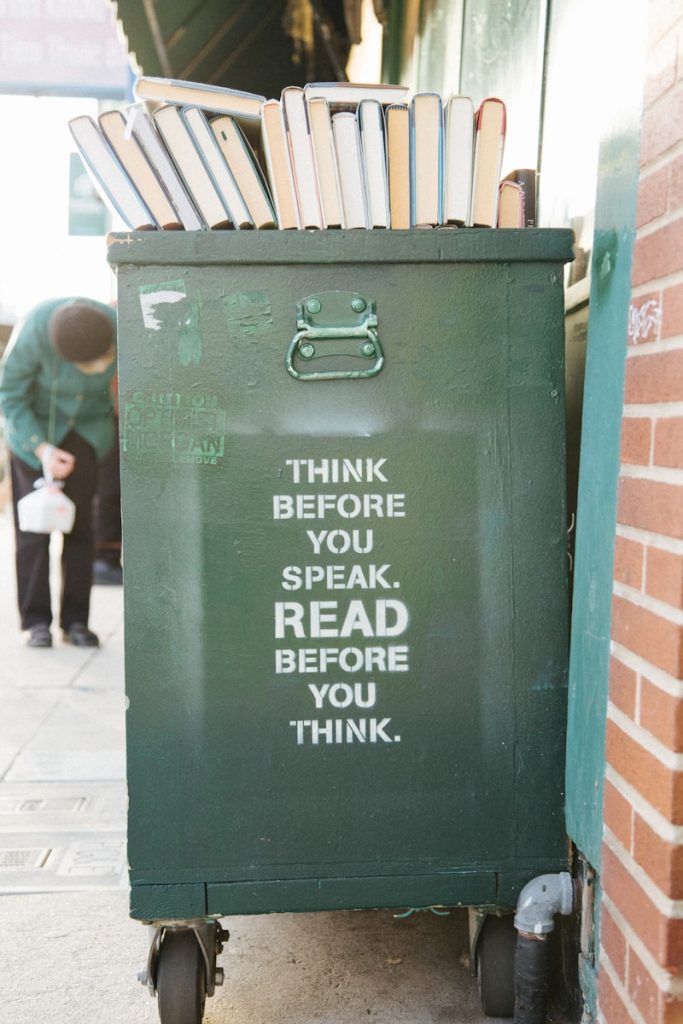Learning a new language can be an exciting endeavor, but it requires time and dedication. However, with effective strategies, you can expedite the process and become fluent in a new language faster than you might expect. Here are some tips to help you learn a language quickly:
Immerse Yourself: Surround yourself with the language as much as possible. Listen to podcasts, watch movies, and read books or articles in the target language.
Use Language Learning Apps: Leverage language learning apps like Duolingo, Rosetta Stone, or Babbel. These apps offer interactive lessons and exercises to enhance your vocabulary and grammar skills.

Practice Speaking: Don’t hesitate to speak the language, even if you make mistakes. Practice speaking with native speakers or language exchange partners to improve your conversational skills.
Set Specific Goals: Define clear and achievable language learning goals. Whether it’s mastering a certain number of words per week or holding a basic conversation, setting goals will keep you motivated and focused.
Flashcards and Repetition: Create flashcards with vocabulary words and phrases you want to learn. Review them regularly using spaced repetition techniques to reinforce your memory.
Learn Through Context: Learn words in context rather than in isolation. This helps you understand how words are used naturally in sentences and conversations.
Listen and Repeat: Mimic native speakers by listening to audio recordings and repeating what you hear. Pay attention to pronunciation, intonation, and rhythm.

Practice Daily: Consistency is key to language learning. Set aside time each day to practice, even if it’s just for a few minutes. Short, frequent study sessions are more effective than long, sporadic ones.
Join Language Communities: Join online forums, social media groups, or local language clubs where you can interact with other language learners and native speakers.
Use Mnemonics: Create mnemonic devices or associations to help remember vocabulary words. Associate new words with images, sounds, or personal experiences to make them stick in your memory.

Watch Videos with Subtitles: Watch videos or movies in the target language with subtitles in your native language, then switch to subtitles in the target language as you become more proficient.
Practice Active Listening: Engage in active listening exercises where you listen to recordings and try to understand the main ideas and key details without translating word for word.
Celebrate Small Wins: Acknowledge and celebrate your progress, no matter how small. Learning a language is a gradual process, and every milestone is a step closer to fluency.

Stay Motivated: Find reasons to stay motivated, whether it’s planning a trip to a country where the language is spoken or setting a goal to connect with native speakers.
Review Regularly: Periodically review previous lessons and materials to reinforce what you’ve learned and prevent forgetting. Repetition is crucial for language retention.
By incorporating these language learning strategies into your study routine, you can accelerate your progress and achieve fluency in no time. Remember, consistency and perseverance are key, so stay committed to your language learning journey!
